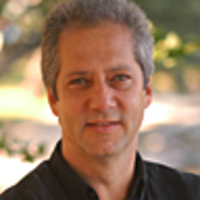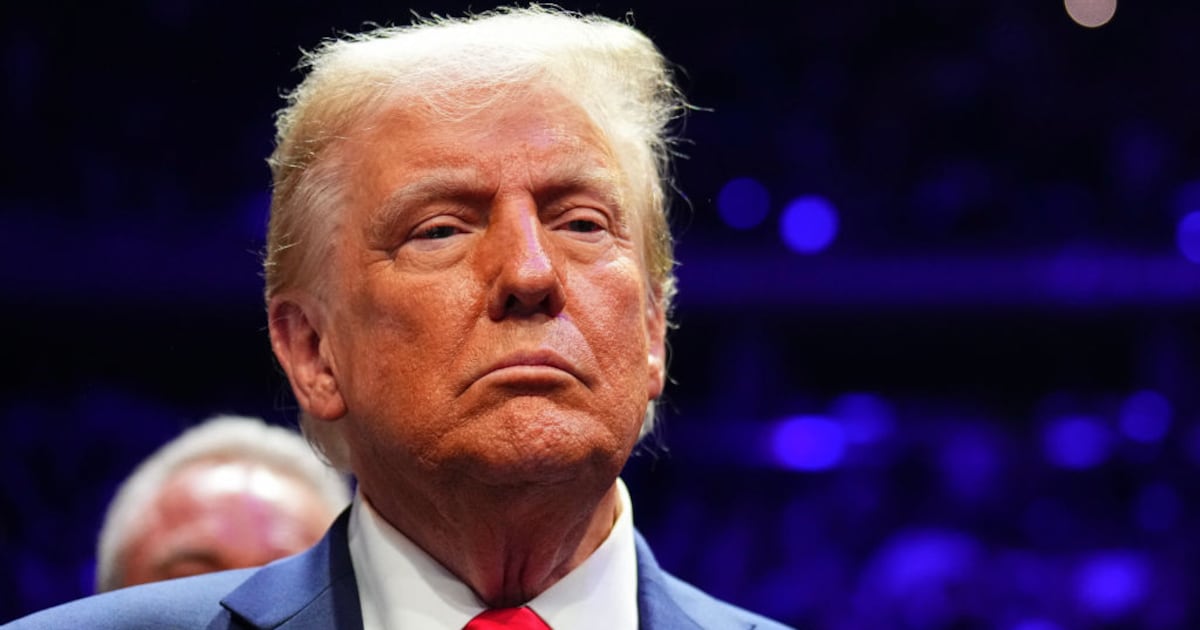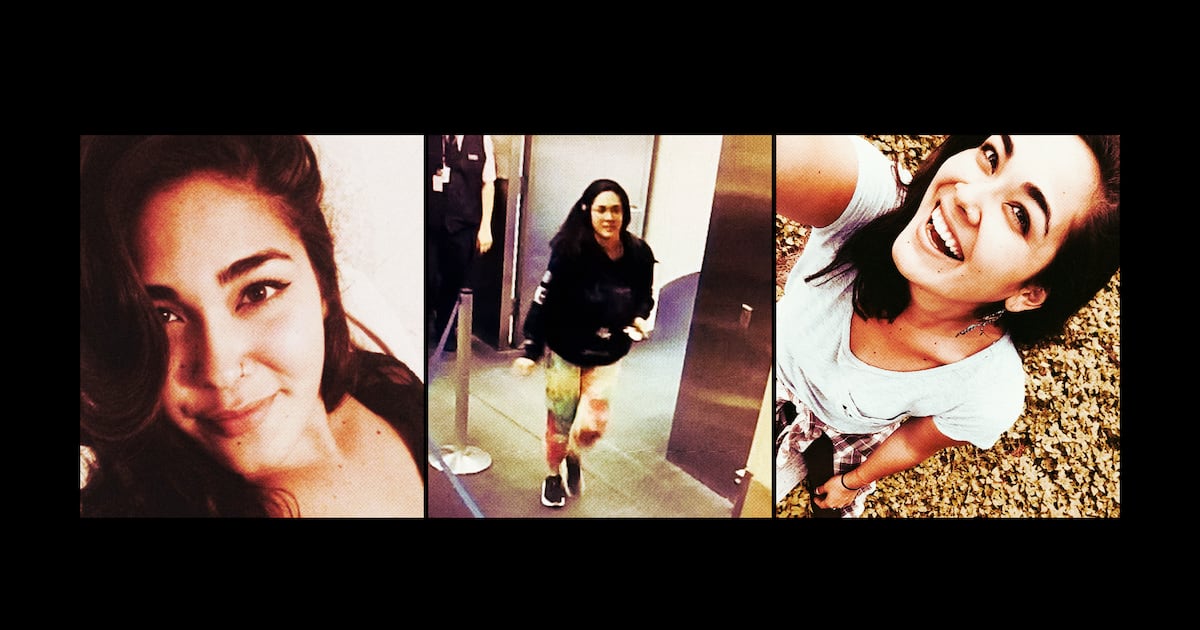As presidential contests go, the top job in Honduras would hardly seem a prize. The country is the second poorest in the Western Hemisphere, trailing only Haiti, with two-thirds of the population living at the poverty line or below. Its fragile institutions and chronic political disarray have created the perfect petri dish for some of the nastiest drug lords in the world. Some 86 of every 100,000 Hondurans are murdered every year, according to the United Nations, making this land of 8.5 million the most violent in the world.
And yet, eight candidates vied for a shot at the José Cecilio del Valle palace in Tegucigalpa, and the apparent winner of Sunday's race, with more than 70 percent of the votes tallied, came out beaming and defiant. "We will not negotiate our victory with anyone," declared Juan Orlando Hernandez, a 45-year-old former army officer who also presides over the Honduran legislature. Never mind Hernandez's meager 34 percent plurality in the fiercely battled contest. Nor the fact that his closest rival, socialist Xiomara Castro, has yet to recognize his victory and, counter to the opinion of international observers on hand, charged "massive fraud" in the balloting.
But the biggest news in Honduras just might be who didn't win. The phantom hanging over the presidential contest was that of the late Hugo Chavez. Not long ago, the deceased Venezuelan strongman, who died of cancer in March, had worked hard to bring the troubled Central American nation into the fold of his struggling Bolivarian alliance— the Latin American compact dedicated to thwarting the United States' influence in the region and to promoting "21st Century Socialism."
ADVERTISEMENT
But plenty of Hondurans had other ideas, and when in mid-2009 the Chavez-friendly president Manuel Zelaya flouted the constitution by calling an illegal plebiscite to abolish term limits, the national congress, the attorney general and the Supreme Court all rejected the maneuver and ruled to remove him from office. Undaunted, Zelaya pushed ahead with the petition anyway, but was arrested in June by the armed forces and bundled off on in his pajamas on a plane to Costa Rica.
He stole back over the border a few months later after an overland journey, escorted by two compañeros, former Nicaraguan rebel Eden Pastora and, tellingly, Nicolas Maduro, then serving as Chavez's foreign minister, now the Venezuelan president. Zelaya, known to Hondurans as "Mel," failed in his bid to return to power and was ineligible to run for president. But loyal "Zelayistas" pinned their hopes on his wife, Xiomara Castro, who ran under a new party, Libre, and a fiery populist message that had Chavez's boot prints all over it. Opponents saw her as a Trojan Horse for the ousted president, dubbing her Xiomel, a conflation of the couple's nicknames.
Zelaya's ouster was controversial, and his supporters counted on leveraging his image as a coup victim into a sympathy vote. For many months, that looked likely. After all, most Latin American governments and Washington had quickly denounced the 2009 "coup d'état" and the Organization of American States suspended the country from its ranks. Many jurists saw it differently, including the U.S. Law Library of Congress, which argued in a lengthy report that although Honduras has no impeachment procedure, its constitution explicitly outlaws executives from tampering with the length of the presidential mandate by setting a one-time only, four-year presidential term.
The law, penned in 1988, was an attempt to vulcanize the country against would be coups-makers and adventurers who might grow too fond of power. So, anyone who tampered with term limits would be automatically a candidate for deposition. Still, Zelaya's opponents lost their aura as zealous constitutionalists when the president was kicked out of the country at rifle point.
The couple drew fervent support in the streets of Tegucigalpa and other cities, hoping to parlay the "coup" into political capital for their radical, Chavez-tinted platform, which promised heavier state intervention into the economy. They also counted on exploiting Honduras's parlous state of affairs among frightened voters.
There was no shortage of ammunition. Lawless, poor and notoriously corrupt, Honduras also is conveniently wedged between the cocaine and marijuana-producing nations of South America and the world's number one drug-consuming nation north of the Rio Grande. That has converted Honduras into an ideal weigh station for international drug cartels. The U.S. State Department estimated that 87 percent of South American cocaine bound for the U.S. makes a stop in Honduras.
In the end, Hondurans balked at the Bolivarian message, spreading their votes fairly judiciously among four leading candidates, while giving the edge to the conservative, law-and-order candidate, Hernandez, who won a little over 34 percent of the ballots casts against Castro's 29 percent.
The result, while close—and still hotly contested by the Zelayistas—is significant. With fears over deteriorating public safety and anger over corruption topping the campaign agenda, many pundits braced for a strong protest vote against the sitting government of president Porfirio Lobo. Yet Hernandez was not only a ranking member of Lobo's party he also held the strategic post of president of the pro Lobo legislature.
Still, if the Honduran elections were bad news for the Chavistas, neither were they an unequivocal victory for Hernandez and the status quo. While votes are still trickling in, Hernandez's National Party looked on track to secure a working majority in the 128-seat legislature, but he still faces a congress fractured as never before between four strong political parties.
Like it or not, Honduras's new leader may well find himself negotiating the terms of victory with plenty of other politicians—all of them with ambitions and appetites of their own.




